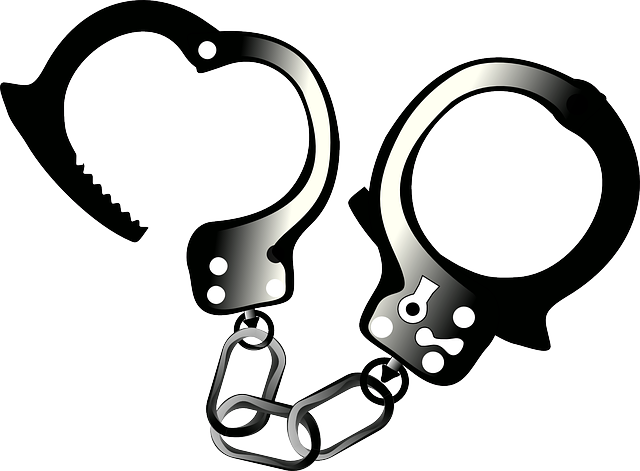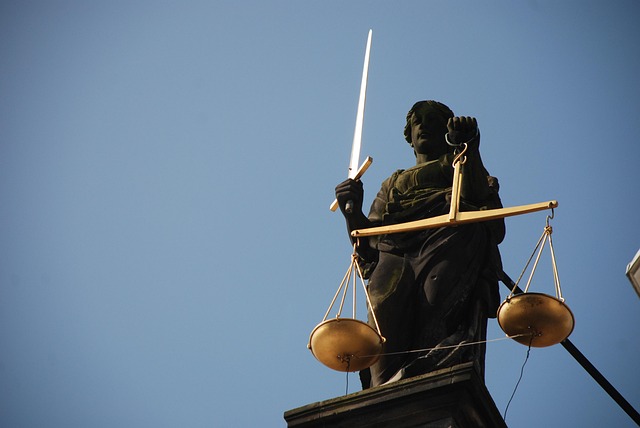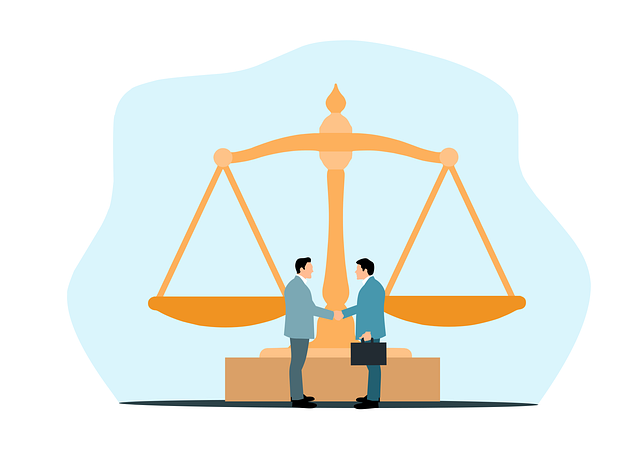Public corruption charges carry severe consequences, with appeals often denied due to weak defenses, insufficient evidence, and procedural mistakes. Defendants face challenges in corporate and individual cases alike, emphasizing the need for robust legal strategies. Understanding Common Reasons for Appeal Denial, such as procedural defaults and time barriers, is crucial for navigating the intricate appeals process. Key factors like weak evidentiary foundations and procedural oversights significantly hinder appeal success, highlighting the importance of meticulous attention during investigations and trials in public integrity cases.
“Public corruption charges cast a shadow over public trust, raising concerns about the integrity of governance. This article unravels the complexities of these accusations, offering insights into their legal definitions and far-reaching implications. We explore the intricate dance between prosecutors and defendants in corruption cases, with a focus on appeal strategies. While appealing such cases presents challenges, understanding the Common Reasons for Appeal Denial can equip individuals to navigate this intricate process. By delving into these issues, we aim to shed light on both the obstacles and potential paths to justice.”
- Understanding Public Corruption Charges: Definitions and Legal Implications
- Common Legal Strategies for Appealing Corruption Cases
- Why Appeals are Denied: Exploring the Barriers to Success
Understanding Public Corruption Charges: Definitions and Legal Implications

Public Corruption Charges encompass a range of illicit activities where individuals in positions of power abuse their authority for personal gain. This includes bribery, fraud, embezzlement, and several other malfeasances. These charges carry significant legal implications, often leading to severe penalties such as imprisonment, hefty fines, and civil liabilities. Understanding the nuances of public corruption is crucial, especially given the complex nature of these cases.
Common Reasons for Appeal Denial play a pivotal role in navigating these proceedings. Across the country, both corporate and individual clients face challenges at all stages of the investigative and enforcement process. Legal experts emphasize that failure to mount a robust defense, inadequate evidence, procedural errors, or a combination of these factors frequently contribute to appeal denials.
Common Legal Strategies for Appealing Corruption Cases
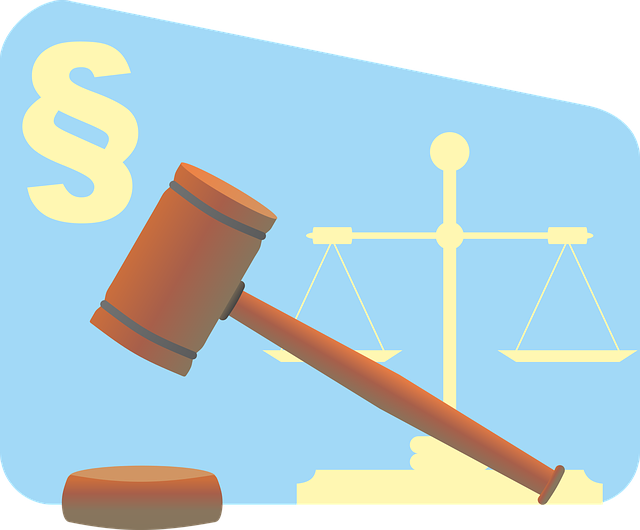
In public corruption cases, defendants often face complex legal landscapes when mounting an appeal. Common strategies include challenging the admissibility of evidence, questioning procedural errors, and asserting constitutional violations. Lawyers may also argue that the prosecution failed to prove every element of the charged offense beyond a reasonable doubt, which is a fundamental principle in criminal law. Additionally, they might seek to exploit any misunderstandings or misapplications of laws during the trial, aiming to demonstrate that the defendant did not receive a fair hearing.
While these strategies can be effective, understanding the Common Reasons for Appeal Denial is crucial. Issues such as procedural default, where defendants fail to raise objections at the appropriate time, and procedural bars related to the timeliness of appeals can hinder successful challenges. Moreover, high-stakes cases often require meticulous attention to detail throughout all stages of the investigative and enforcement process, from initial interrogation to sentencing, to ensure that any errors are captured and presented as viable grounds for appeal.
Why Appeals are Denied: Exploring the Barriers to Success
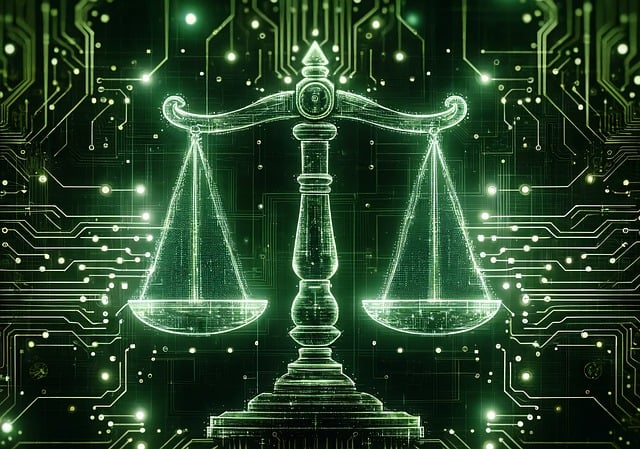
Public corruption cases often face unique challenges when it comes to appeals, with many attempts resulting in denial. Understanding the common reasons behind these rejections is crucial for anyone navigating the legal landscape of public integrity. One of the primary barriers is the lack of a strong evidentiary basis; appellate courts meticulously scrutinize the record, and without robust evidence supporting the defendant’s arguments, appeals can be easily dismissed. This is especially true when the original trial verdict was supported by substantial evidence.
Another significant factor is procedural issues. Failure to properly preserve errors during the initial trial, or inadequate briefing on appeal, can hinder a defendant’s chances. Moreover, public corruption cases often involve complex legal and factual questions, and an appellate court may find that the arguments presented do not meet the required legal standards. Across the country, winning challenging defense verdicts requires meticulous preparation and a deep understanding of these barriers to achieve extraordinary results.
Public corruption charges, while critical for maintaining societal integrity, often lead to complex legal battles. Understanding the nuances of these cases and the potential barriers to appeal is essential. The article has explored common legal strategies and highlighted the significant role that defining and proving corruption plays in court. Among the key takeaways, Common Reasons for Appeal Denial, such as insufficient evidence, procedural errors, and the presumption of guilt, significantly impact the outcome. Being aware of these challenges empowers individuals and organizations to navigate the legal landscape more effectively, ensuring fairness and justice in the fight against public corruption.
